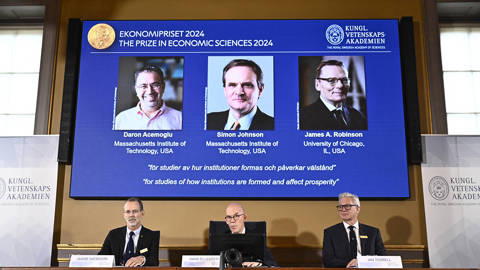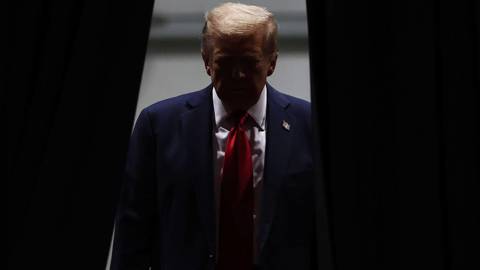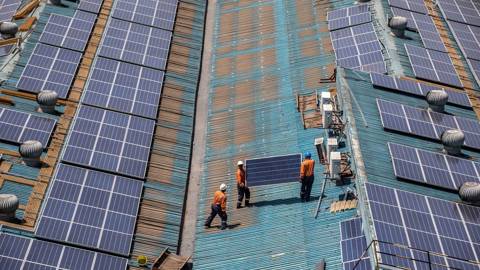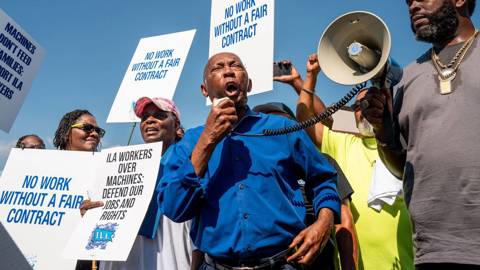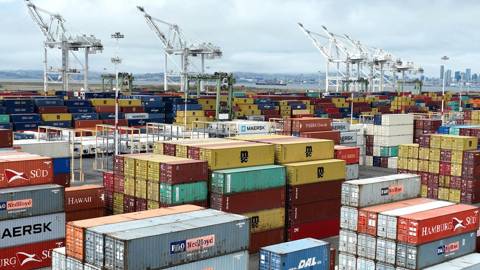Maximo Torero
Maximo Torero is Chief Economist of the Food and Agriculture Organization of the United Nations.
-
The Second Green Revolution Will Be Digitized

The Second Green Revolution Will Be Digitized
Jan 20, 2023 Maximo Torero explains why new technologies are essential to meeting the world’s food and climate goals.
-
Ending Hunger Sustainably

Ending Hunger Sustainably
Oct 15, 2021 Maximo Torero shows how governments and the private sector can tackle the global food and environmental crises simultaneously.
-
A Post-War Playbook for a Post-COVID Recovery

A Post-War Playbook for a Post-COVID Recovery
Dec 9, 2020 Maximo Torero urges policymakers to recognize the severity of the pandemic's economic impact on developing countries.
